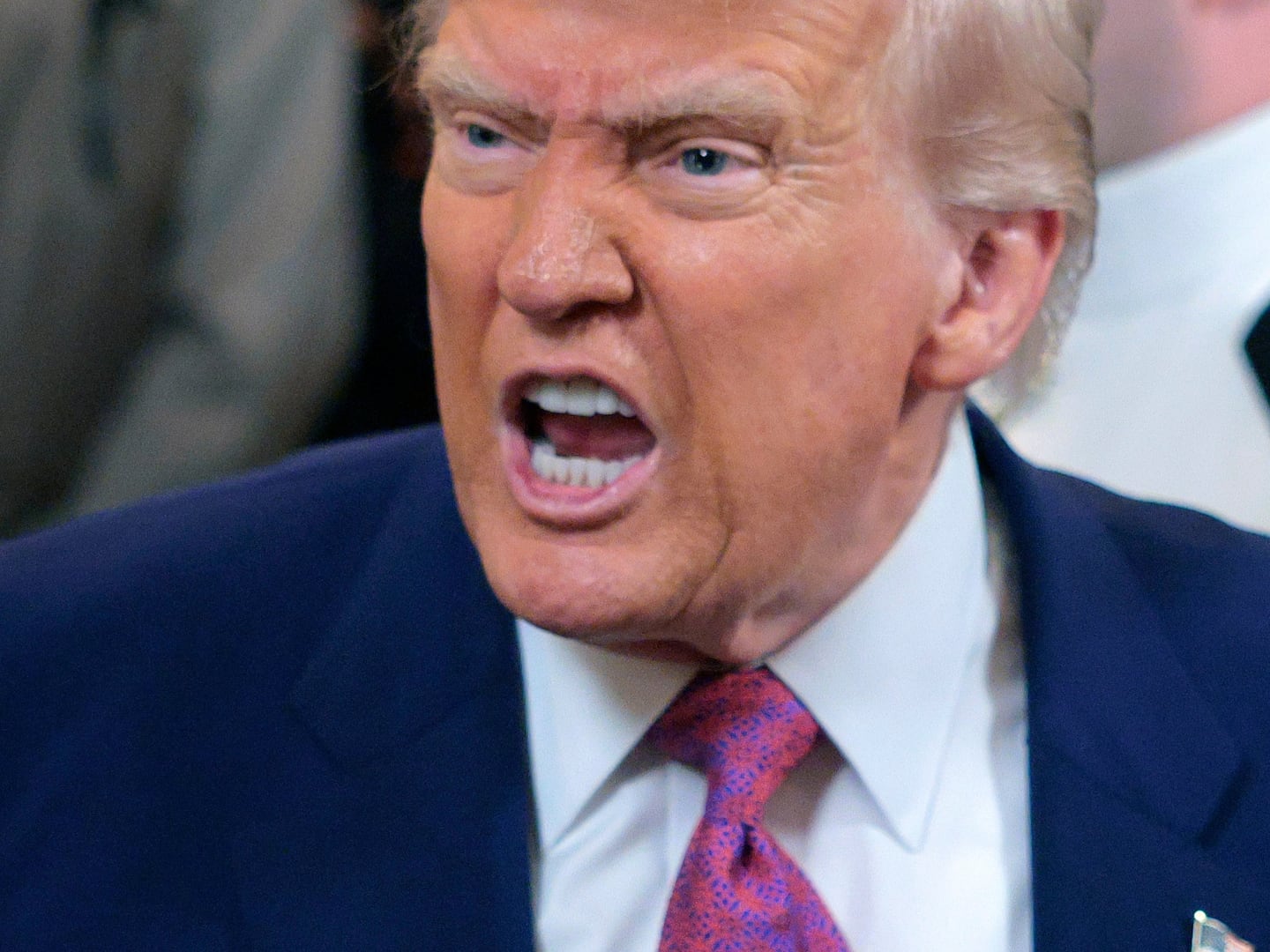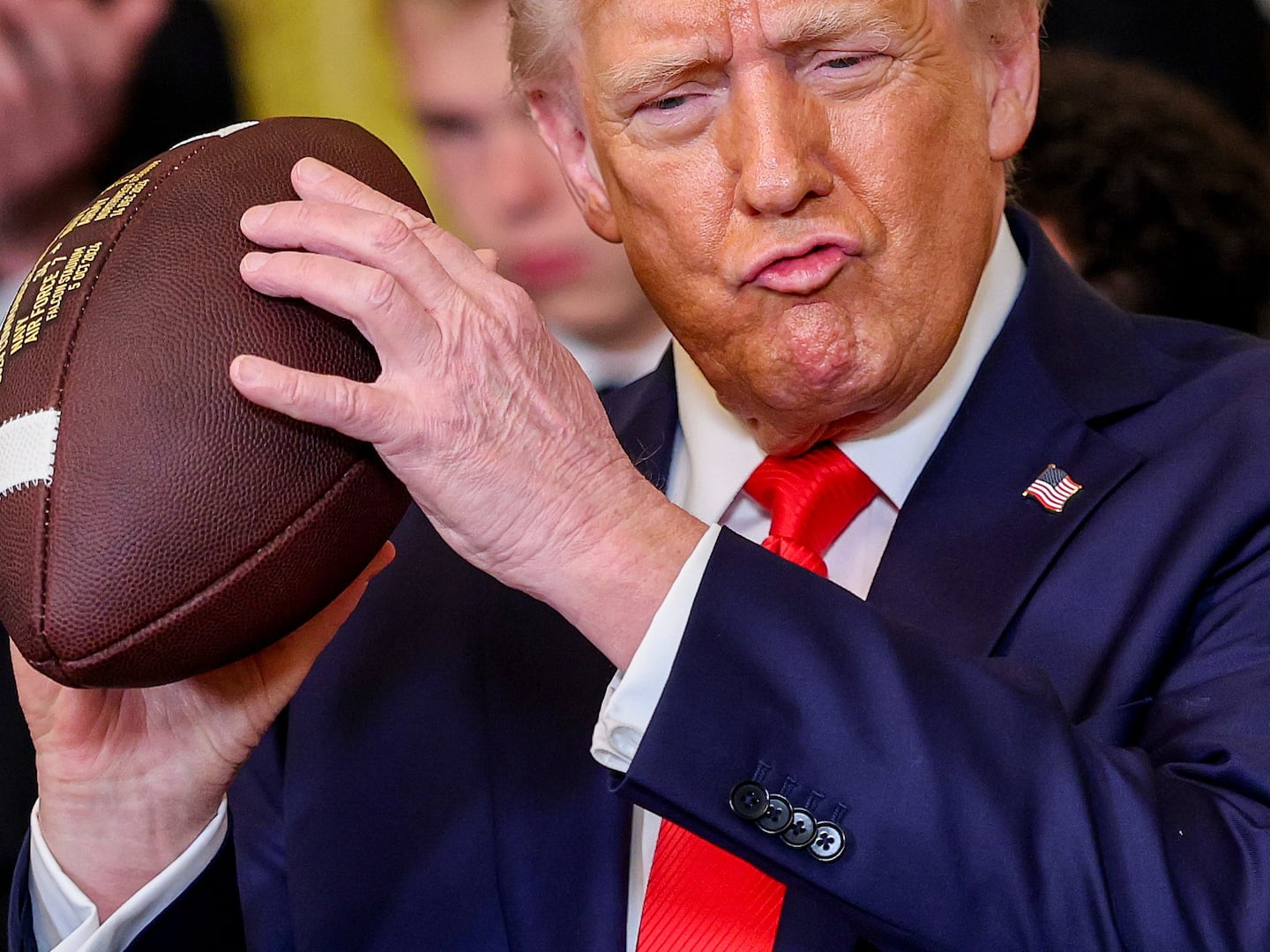NC: Describe your morning routine.
MA: I’d be lucky to have a morning routine! But let’s pretend… I’d get up in the morning, have breakfast, have coffee, then go upstairs to the room where I write. I’d sit down and probably start transcribing from what I’d [hand]written the day before.

NC: Is there anything distinctive or unusual about the room in which you write?
MA: I’m not often in a set writing space. I don’t think there’s anything too unusual about it, except that it’s full of books and has two desks. On one desk there’s a computer that is not connected to the internet. On the other desk is a computer that is connected to the internet. You can see the point of that!
What do you need to have produced/completed in order to feel that you’ve had a productive writing day?
Yes, it’s usually a certain number of words. Between 1000-2000.
What is a distinctive habit or affectation of yours?
I don’t know whether it’s a habit or an affection. I usually start writing books in longhand. I guess that’s a habit. I usually like to write with an implement that flows. A Rollerball or a pen with ink in it. It’s the way it moves across the page, that interests me.
If a reader would like to read one of your books, but is unfamiliar with your oeuvre, which of your 50+ books would you recommend they begin with, and why?
Let us ask what kind of a reader we are talking about. If it is a young man, they should start with Oryx and Crake. A young woman? The Handmaid’s Tale. An older person interested in history, I would suggest Alias Grace or The Blind Assassin. If it is a person interested in reading very, very short things, I’d suggest any of the short story books. Or even shorter, they could buy something like Good Bones, Murder in the Dark, one of those collections of very short pieces of writing. If they are interested in poems, then the Selected Poems or Morning in the Burned House, or The Door.
Among all of them do you have a personal favorite?
I would never, ever say if I did.
Describe your routine when conceiving of a book and its plot, before the writing begins. Do you like to map out your books ahead of time, or just let it flow?
Never map it out. Just get into it. Jump in, like going swimming.

What is Canadian Literature?
It’s too multiple [to give a concise definition], but let us say that the point of view (if the writer is not pretending to be American, which they often are) is never that of someone who feels that their country is an imperial power. Because, in fact, Canada is not an imperial power.
What is guaranteed to make you laugh?
There is no short answer to that. Pieces of absurdity, I suppose.
What’s with the Celebrity Tip Hockey Goalie video?
Yes, the Rick Mercer Show. Why did I do it? Canadians make fun of themselves constantly. Rick Mercer is a very well-known Canadian who can talk you into almost anything. He got hold of me at a benefit we were both doing and said, You have to do this hockey goalie video. I said, I don’t think so. Shouldn’t I be something else? He said, No, you have to be a goalie. I said, Why? He said, It’ll be funny, trust me.
It was funny.
I fail to see why! I don’t make a plausible goalie, or what?
Do you have any superstitions?
I never talk about books I’m writing.
What is guaranteed to make you cry?
I cry at the ends of sad movies or books. I’m a sucker.
If you could bring back to life one deceased person, who would it be and why?
Only one? Oh, I couldn’t choose. I know so many dead people that I’d be happy to have alive again. Then again, I know quite a few who I’d really not be happy to have alive again…
That’s a good answer. What is your favorite snack?
I know the thing I’m supposed to have, because I’m a brain person. You’re supposed to have a slice of rye bread with peanut butter and slices of banana on top. And a glass of milk. So you get protein, potassium, energy.
But that’s not what you actually have…
I usually have a cup of coffee.
How did you co-invent the Long Pen (for remote document signing) and why?
So a long time ago, back in 2004, it became clear that book tours were going to be curtailed, especially for young writers, and that some bookstores simply had no one coming to them anyway. FedEx was delivering packages, and you’d sign for them. Well, I thought that signature was going out through the air and appearing somewhere else in the air, but it turned out not to be. I thought, why can’t we sign books that way? It turned out that nothing like that [remote document signing] existed, so we did invent that. It was before ebooks, and really before there was today’s sort of internet. We did perfect it. We had to make it so it was the exact signature, in ink, because of course people who want their books signed don’t want a rough facsimile, they want it exactly as you’d sign it live. We did that. It took several tries. We demonstrated all over the world. It was particularly valuable for events in places like New Zealand, where you couldn’t go yourself, places in Eastern Europe that couldn’t afford to bring authors there. We did all of that, but the problem was, it was quite cumbersome at that point. It isn’t any more. Everything has gotten miniaturized. Then we had to convince bookstores. They realized they were going to have to provide something to draw people in to them, instead of customers just ordering stuff online. I saw that, but they didn’t yet. So [the Long Pen technology] moved over into business and banking. Now we can do signatures on a mobile device, on a tablet or smart phone as the front end, whereas when we started it was quite a clunky apparatus.
It’s a cool idea.
Now I can be sitting here with my tablet in New York, I could get a request from you over there in Slovenia, you could get your book through a wholesale distributor, which I would sign and they would then send it to you, or I could even sign your ebook. Or I could sign a picture of myself, anything you like. Those are the book and entertainment uses, but in the meantime, it’s been adopted for business.
I recently interviewed Gary Shteyngart, who is famous for blurbing everyone and everything that crosses his path—there’s even a blog about his blurbs. You’ve decided not to blurb anything anymore, or risk having too many books sent your way. What are your thoughts on blurbing? And who are blurbs actually for? Reviewers? Readers?
They’re for readers. The problem is simply that if you do one, you have to do them all, or everyone is going to be mad at you. It’s very hard to say no to people once you’ve said yes to someone.
What would you like carved onto your tombstone?
That opens the question of whether I’m going to have a tombstone.
True.
Maybe I’m just going to have a tree.
Any specific type of tree?
I haven’t decided that yet, but there is a “natural burial” movement which, instead of having a tombstone, you get yourself planted and then you get a tree planted on top of you. I suppose we could have a little plaque with my name on the tree…






